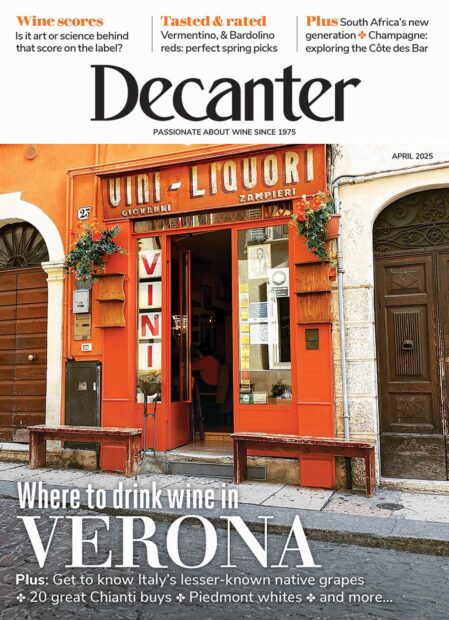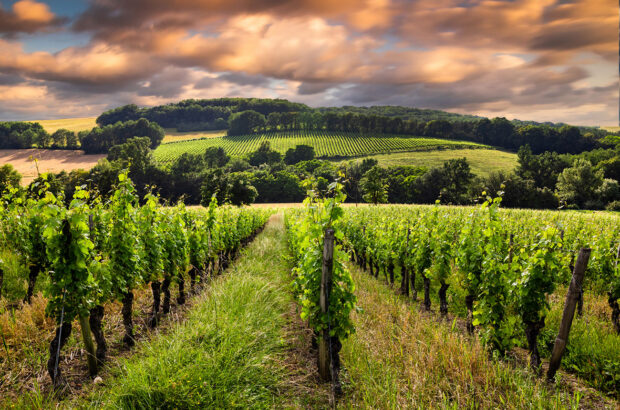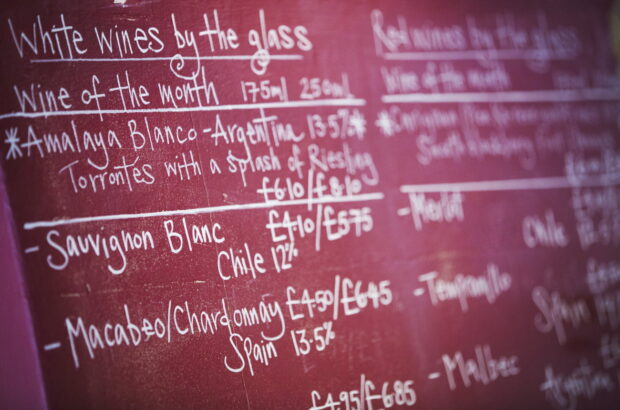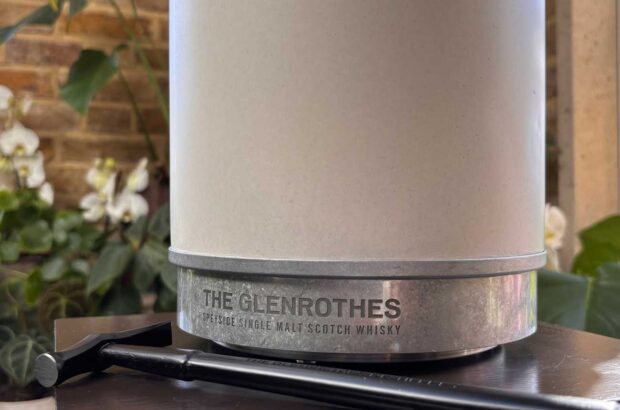While it’s a little jarring to discuss orange wines as a ‘trend’, given that this ancient winemaking style can be traced back thousands of years, orange wines are having a moment. Austria, Georgia and Romania are well-known hotspots, but England and Wales are also getting in on the act. Earlier this year Kent’s Chapel Down released its 2021 Orange Bacchus, the eighth vintage since its 2014 debut. Made purely out of ‘curiosity’, it was England’s first orange wine.
‘No-one had done it before in England and to my knowledge no-one had ever done it with Bacchus,’ says head winemaker at Chapel Down, Josh Donaghay-Spire. ‘Due to its Riesling parentage, many of the aroma precursors in Bacchus are found in the skins and I thought it would be interesting to see what would happen if we fermented in contact with the skins. If you have a curious mind when it comes to wine and flavours, I promise you’ll find it interesting.’
Litmus, in Surrey, followed in 2016 with its first orange, and in 2021 neighbouring Denbies released Solaris, its first orange wine. Orange wines are being made on a tiny scale in England, but it’s growing. ‘We don’t know how good English wines can be so it is imperative that we keep pushing quality up and trying new things stylistically – that is how a wine region develops,’ says Donaghay-Spire.
What is ‘orange’ wine?
The name is slightly problematic. Orange, or skin-contact wines, aren’t made with oranges, nor are they necessarily orange (their hue can range from pale yellow to luminescent orange). They are white wines that have been made in the style of a red, in contact with the skins. It means they benefit from deeper colour, higher tannins, more texture and intensity of flavour. Don’t confuse ‘orange’ with ‘natural’. While orange wines are popular within the natural wine movement, they aren’t by definition ‘natural’ and can be made conventionally.
Denbies’ Orange Solaris is made with the early ripening Solaris and is fermented on skins for between seven weeks and four months. It has – proudly – no consistency from one vintage to the next, according to Andy Kershaw, assistant winemaker. ‘This method produces a wine that challenges perceptions. The wine looks like a white, but has tannins and complexity associated with a red wine. It’s incredibly versatile – chill it for an apéritif or serve at room temperature to pair with a wide range of foods.’
Nania’s Vineyard made its first orange from an allotment in Bristol during lockdown. Owner James Bayliss-Smith now buys grapes from the Malvern Hills to make its Bacchus, The Fox, fermented with wild yeast, no fining or filtration and packaged in cans. ‘In England the wine industry is obviously very geared towards sparkling, but there are lots of producers realising that we also make great still wines,’ says the cameraman-turned-winemaker. ‘Orange wine is part of that, but it’s a bit like making red wine. You need the grapes to ripen properly which can be a bit of a struggle in this country.’
A variety of grapes
England’s ‘signature’ Bacchus variety has proven popular, but there aren’t strict rules that define English and Welsh orange wine, which means winemakers can, and are, exploring all kinds of possibilities. Ancre Hill in Monmouth, Wales, makes an orange from (predominantly) Albariño, recognised for its striking Kubrickesque label.
Limeburn Hill in Bristol makes natural, biodynamic pét-nat from Orion grapes. ‘When you ferment Orion on the skins there is an amazing opening up of aromatics which doesn’t usually come through in a conventional white, from green to stone and tropical fruit,’ says winemaker Robin Snowdon.
Huxbear, in Devon, makes Orange Bear – an orange from Chardonnay. The 2021 vintage was fermented for 15 days on skins before being pressed and aged in stainless steel. Winemaker Ben Hulland wants to make an orange Bacchus next, but has also planted Pinot Gris at his Chudleigh vineyard, with the intention of turning it into orange wine.
London-based Renegade has produced a skin-contact wine from Madeleine Angevine, grown in Herefordshire. Stanlake Park in Berkshire favours Siegerrebe, an early ripening, low acid variety with naturally high sugar levels for its orange. It spends one week on skins, is fermented in used barrels and aged in stainless steel. ‘We tell customers to think of it as a richer white, rather than a “funky” orange,’ says director, Natalia Pezzone.
Whether you love them, loathe them or just aren’t sure, it’s completely possible that orange wines could become a serious part of England’s wine offer.






